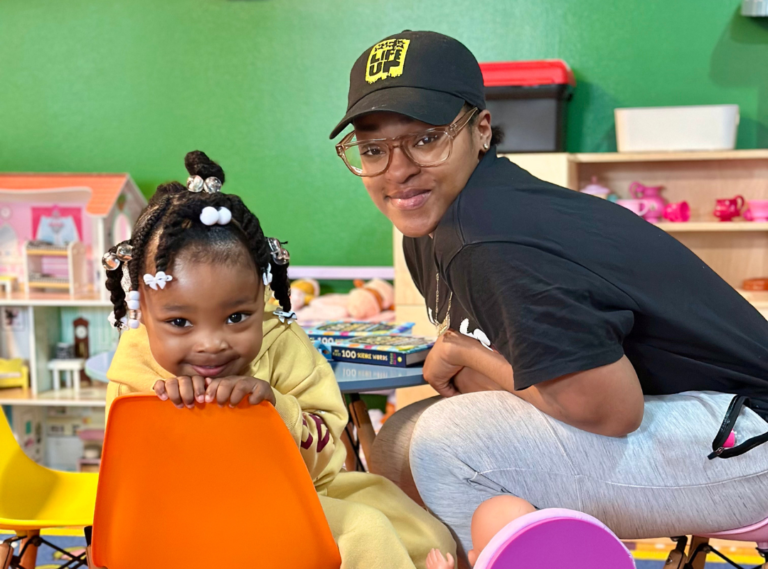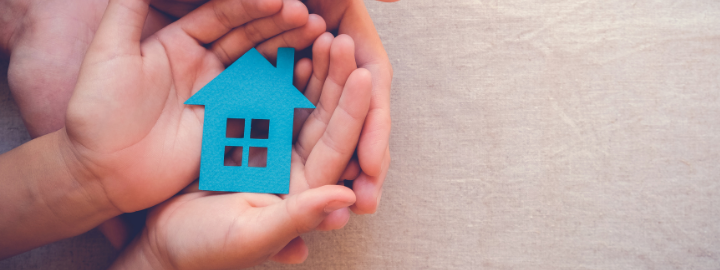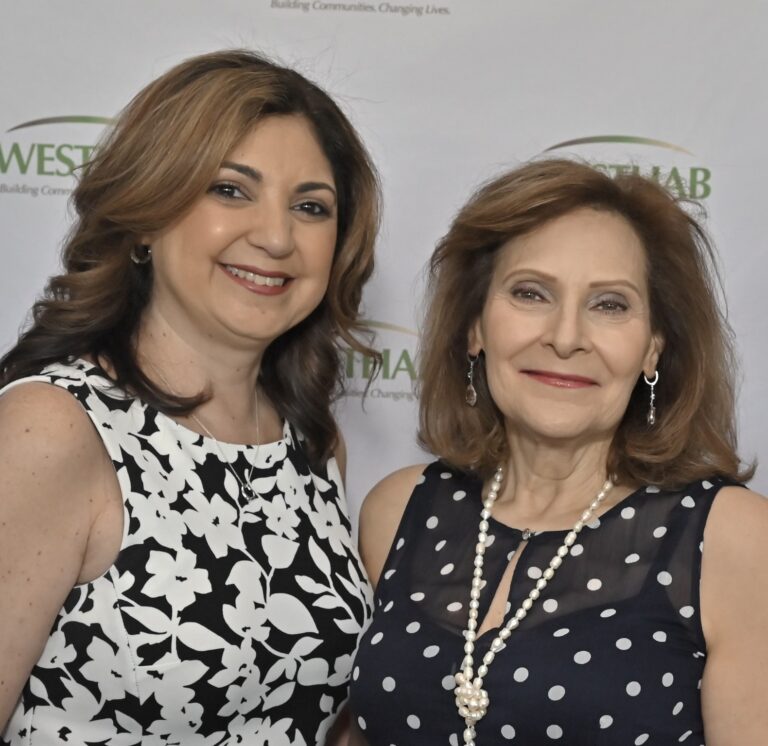
The Roof Over My Head

About the Author: Kathryn Allen is the communications manager at Westhab, Inc. She is a resident of Brooklyn, New York and a graduate of Pace University’s Peace and Justice Studies program. In her new role at Westhab, Kathryn will tell the stories of our dedicated staff, incredible supporters, and those we have the honor of serving. You can reach her with comments and inquiries at kathryn.allen@westhab.org.
I’ve always been an advocate for practicing gratitude, especially during the holidays and as we enter into a new year. In a year where we’ve seen extreme suffering and an exacerbation of the homelessness crisis in NYC, Westchester, and all over the country, I’m pushing myself further into my active practice of gratitude.
I know that for some, practicing gratitude seems out of touch. Aren’t you just reveling in your own blessings? How does that help anyone?
For me, the answer to that question is that by acknowledging all that I am grateful for, such as housing security, I can also recognize my desire for others to have access to those same privileges.
Every night I write down a list of five things that I’m grateful for before I go to bed. I call it my gratitude list—something I picked up from my parents. When I do this, I’m usually struck by how many things I write down that I didn’t really earn. This isn’t a bad thing—but a fact worth contemplating. I work hard to pay my rent every month, but I have people in my corner who would never let me lose my apartment. I am grateful for my education and worked hard for my degree, but I also grew up in a middle-class community with superb public schools, and was supported both financially and emotionally in my decision to go to college. These things are not a given.
One thing I’ve taken for granted my entire life is housing security. I’ve never lacked a place to rest my head at night. I’ve had shelter in every storm.
Housing is a human right. In an ideal world, there would be no need for an organization like Westhab to exist. We would love to be obsolete, because it would mean that there were no longer children on the street or families unable to send their kids to summer camp. We exist to offset the extreme disparities that allow around half a million people to sleep on the streets of the United States every single night.
We live in the richest country in the world, but wealth inequality bears a crushing weight on our society. This inequality is not to blame on individual choices, but on systems of oppression that favor certain bodies over others.
It is not a coincidence that the population we serve at Westhab is overwhelmingly made up of people of color. Generational poverty, housing discrimination, mass incarceration, and access to health care have led to Black people, who only make up 13 percent of the general population, accounting for around 40 percent of those who are homeless. If you’d like to learn more about the United States’ history of denying wealth building tools, such as property ownership, to Black people, I highly recommend this article from The Atlantic, written by Ta-Nehisi Coates.
This year has been eye-opening for many. The Black Lives Matter movement has made strides in waking America up to the way Black people, and all people of color, have been disproportionately oppressed since the founding of this nation. COVID-19 has led to an increase in unemployment and homelessness, and reminded us that far too many people are one instance of bad luck away from being on the street.
I am grateful that I have always had a place to call home. So grateful, that I feel very deeply that every human being deserves the same security. In my new role as Westhab’s communications manager, I’m excited to share the stories of those who don’t often have the opportunity to share their own, and to illustrate what is possible when we acknowledge housing as a fundamental human right. Hopefully, sharing these stories will remind us all to practice gratitude, and to include the roof over our heads in the list we write before bed each night.

